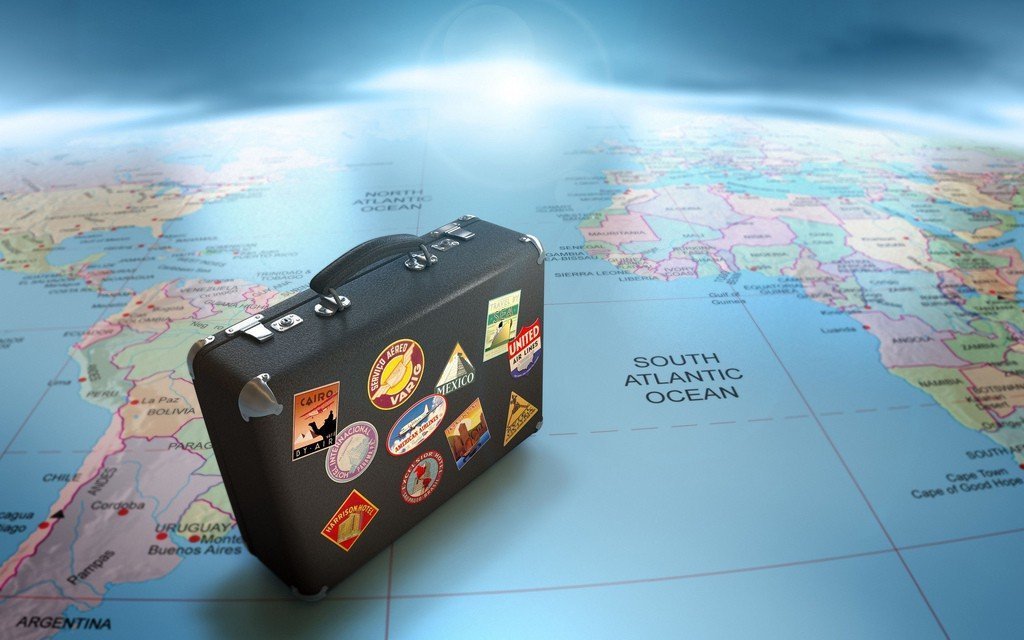CRUISE LINES MOVE CUSTOMERS TO OBEY GOVT CAPACITY LIMITS
The Department for Transport confirmed on Tuesday (15 June) rules capping guest numbers on domestic cruises at 1,000 people or 50% of ship capacity, (whichever is lower), could remain in place until 19 July.
Limits were due to be lifted on 21 June under the next stage of the government’s “unlocking roadmap” but a four-week delay was announced by Boris Johnson at the start of the week.
In response, lines have taken steps to stay within the regulations and have been contacting customers about switching sailings to later in the summer.
In a statement on Friday (18 June) Royal Caribbean International said it had been “working collaboratively” with the UK government in the build-up to its return to UK service next month and that its “guest capacity and protocols on board are all in line with the current recommendations”.
“In line with the most recent government announcement, unfortunately, we had to move some guests on our first sailings to a future sailing later in the season. We are excited to sail and can’t wait to welcome our first guests onboard,” the line added.
Royal’s announcement followed that by Fred Olsen, whose director of product and customer service, Clare Ward, said as the line “had already planned to sail with a reduced capacity” for its initial programme of Welcome Back itineraries, “only a small number of bookings were affected, and only on one sailing”.
“We contacted all guests on the affected cruise, giving them the opportunity to move to one of our other, longer, British Isles sailings. This offer was well received, and as such we do not need to make any further changes in light of the extension to restrictions,” said Ward.
Earlier in the week, MSC Cruises also confirmed plans to switch guests over to future sailings, saying in a statement “a number of UK guests who have booked a cruise departing after 21 June but before 19 July may need to be assisted to rebook on a sailing departing after the restriction is removed”.
MSC said it was “disappointed” with the government’s delay in easing restrictions in England and “had fully expected” measures to be lifted.
“Whilst still seeking further clarifications from the relevant authorities and continuing to monitor for developments, the company will initially begin by contacting those affected guests due to embark between 23 June and 26 June,” the line said.
MSC said it had adopted “a fair criterion based on the earlier date of booking” so the first 1,000 guests booked would keep their places on board.
“MSC Cruises looks forward to the eventual easing of Covid restrictions in the UK so cruising can play a bigger role in the vital restart of British tourism and its contribution to the economy, and it can offer more UK residents that safe and richly deserved holiday option this summer,” the line added.








